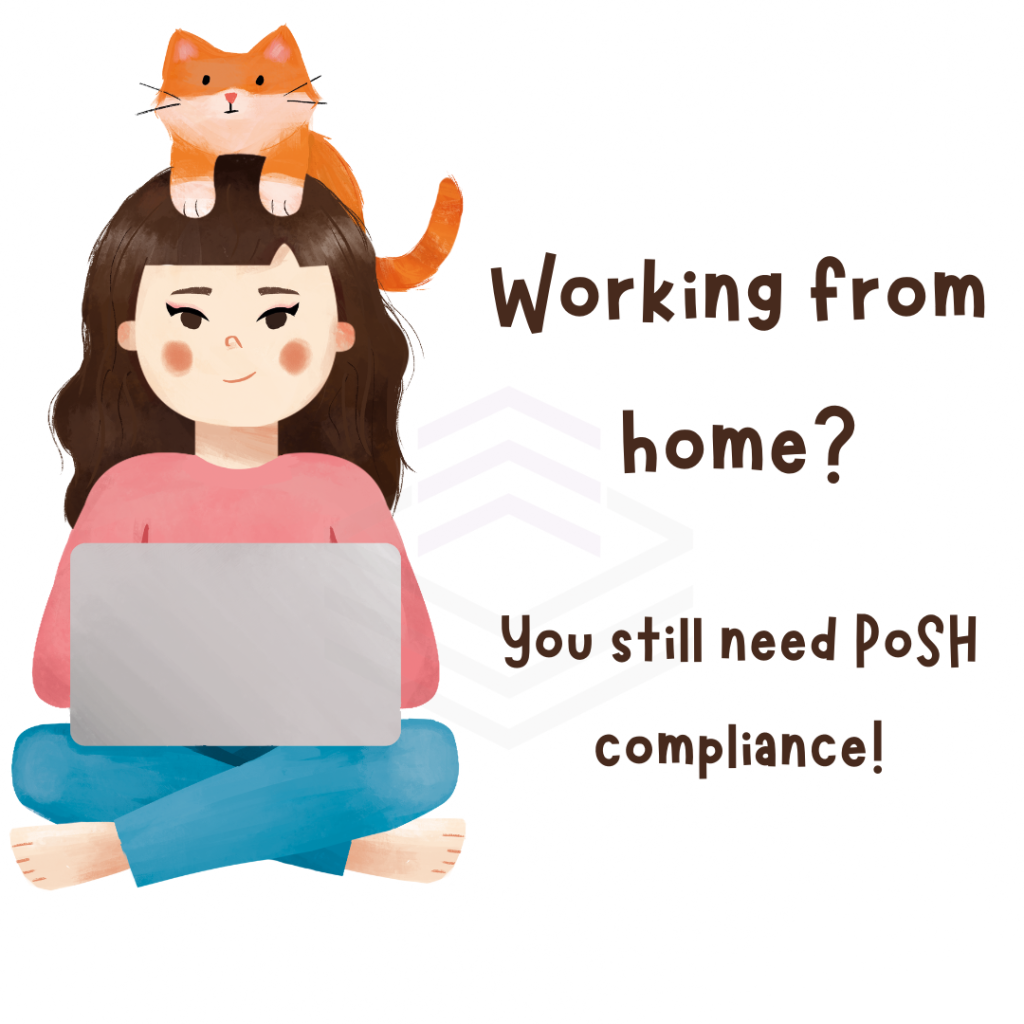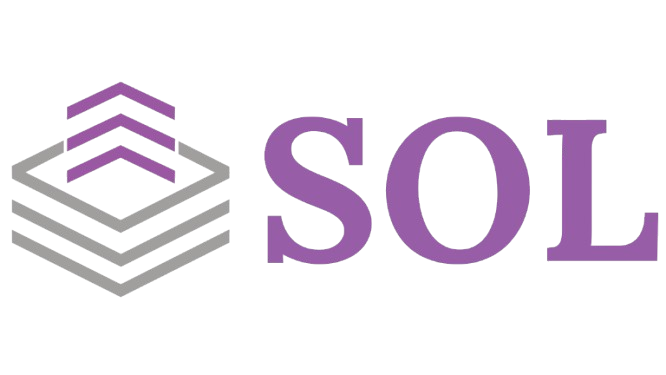
Is PoSH Compliance Needed For Organisations Working Remotely?
Since the Covid 19 pandemic, there has been a greater reliance on remote working. Upon understanding the benefits of remote or hybrid workspaces, many organisations have even completely shifted to the same. This is why it is important to study and understand PoSH in the context of remote and hybrid workplaces as well. For organisations working in India, prevention of sexual harassment (PoSH) is a compliance requirement under the Sexual Harassment of Women at Workplace (Prevention, Prohibition and Redressal) Act, 2013 (PoSH Act).
There is a very common misconception that sexual harassment only occurs if there is some element of physical proximity between the perpetrator and the victim-survivor. However, this is far from true since sexual harassment may present itself in other forms. It may be of verbal or non-verbal nature as well. Here are some frequently asked questions about PoSH compliance in remote work environments.
Does the PoSH Law Protect Remote Employees?
The definition of ‘Sexual harassment’ as considered under Section 2 (n) of the PoSH Act is very wide. It includes any unwelcome physical, verbal, or non-verbal conduct of a sexual nature. ‘Workplace’ has also been provided a wide and inclusive definition under Section 2 (o). While the Act does not specifically talk about remote workplaces, the definitions followed therein are wide enough to adequately protect employees working remotely.
What is Considered as Sexual Harassment in Remote Work Settings?
Sexual harassment is any unwelcome act of sexual nature. In remote work settings, this may occur through video conferencing, digital communications like Email or WhatsApp among others. It may be of different kinds like indecent messages, stalking on social media, idle conversations over phone, etc. Visual sexual harassment, i.e. unwelcome and non-consensual display of sexual nature, is one of the more prevalent form of sexual harassment in remote work spaces. For example, inappropriate dressing in video conferences, lewd posters in the background etc can constitute sexual harassment as it creates a hostile work environment.
How can Employers Create a Safe Remote Work Environment for Their Employees?
The first and foremost action needed to be taken by the employer is to update their internal policy to explicitly include sexual harassment in remote workspaces. Further, employers must sensitise employees about appropriate behaviour in remote workplaces.
Employers must also sensitise and train managers and team leaders on setting adequate protocols and guidelines for virtual communications, particularly for beyond office hours communications regarding work.
Organisations may also consider sending across periodical communications on PoSH Law to all employees in order to spread awareness on appropriate behaviour in virtual communications.
It is of utmost importance that employers provide adequate and necessary trainings to employees on what constitutes sexual harassment, how to report such incidents while working remotely, options for temporary relief, and what the company’s policy is on handling matters related to the same.
Remember, Irrespective of the Location, Employee Safety at Work is the Employer’s Responsibility
Ready to strengthen workplace safety?
